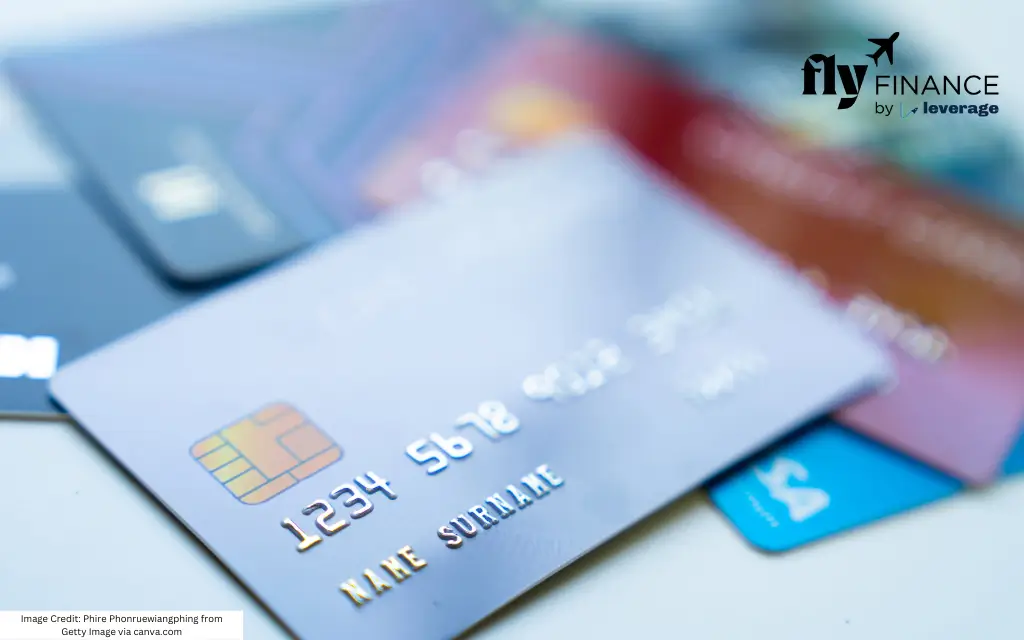The minimum repayment on credit cards is a facility provided by the banks to the borrower in case the borrower cannot pay the entire bill amount. If you are using a foreign credit card while studying abroad then you must know all the details on minimum repayment on credit cards. Among multiple expenses abroad, the management of credit card payments, particularly understanding the concept of minimum repayment is very important. Let’s explore what minimum repayment means, how it works, and its implications for students managing expenses while pursuing education abroad.
Table of contents
What is Minimum Repayment on a Credit Card?
Minimum repayment is the smallest amount you must pay on your credit card bill each month to avoid penalties or being reported for late payments. This amount is a small percentage of the total outstanding balance (ranging from 2% to 5%), or a fixed sum, whichever is higher. While minimum repayment keeps your account in good standing, the remaining unpaid balance accrues interest, often at high rates. It is not a good practice to pay only minimum due but it can help you avoid damage to your credit score in case you don’t have enough funds.
Also Read: Check here all about student credit card loan repayment and manage your finances effectively
Merits and Limitations of Minimum Repayment on Credit Card
Minimum repayment on credit cards offers the benefit of avoiding late fees, maintaining a good credit score, and providing short-term financial flexibility, especially for students managing tight budgets abroad. However, it comes with significant drawbacks like high interest accrued on the remaining balance. Check the table below to understand the merits and limitations of the minimum repayment on credit cards:
| Merits | Limitations |
| Paying the minimum amount helps avoid penalties and keeps your credit card active | Unpaid balances accrue interest, increasing your debt over time. |
| Timely payments of at least the minimum amount prevent damage to your credit history | Relying solely on minimum payments means it may take years to clear the debt |
| It allows students to prioritise urgent expenses while maintaining their credit obligations | Continuous usage without clearing the full balance can lead to a cycle of debt |
| You can use the repaid amount again as the bank won’t block your card if you have paid the minimum amount on time | High outstanding balances may affect your credit utilization ratio, impacting your credit score in the long run |
How to Make Minimum Repayments?
Usually, the banks send reminders to the cardholders before the due date. Some banks also share links for payment through which you can pay the minimum due. You can also pay the minimum due on credit card bills through mobile apps, net banking, NEFT, cash etc. Check more details below:
- Online Payment Methods: Most credit card issuers allow online payments through their official websites or apps. Students can log in, view their due amount, and pay the minimum amount directly.
- International Wire Transfers: For students using Indian credit cards abroad, wire transfers from an Indian bank account can be an option. However, additional charges may apply.
- Third-Party Payment Services: Platforms like Cred App, Paytm, PhonePe, PayPal etc. These apps also facilitate international payments to credit card issuers.
- Standing Instructions: Set up standing instructions with your Indian bank account to auto-debit the minimum repayment amount every month.
Also Read: Check here all the major details on SBI Student Credit Card and apply now
Why do Indian Students Abroad Consider Minimum Repayment?
Studying in foreign countries like the USA, UK, or Australia comes with high costs, including tuition, rent, food, and travel. Credit cards become a convenient tool for managing daily expenses or emergencies. However, limited income from part-time jobs or high currency conversion rates can make it challenging to repay the full credit card amount. In such cases, many students opt for minimum repayment to stay afloat financially.
For international students studying abroad, credit cards can be both a lifeline and a liability. While minimum repayment offers temporary relief, understanding its long-term consequences is important. Check some FAQs mentioned below:
FAQs
The minimum repayment is the smallest amount you must pay each month to avoid penalties or account delinquency, usually 2-5% of your total outstanding balance or a fixed sum.
Paying the minimum on time keeps your credit score intact, but carrying a high balance can increase your credit utilization ratio, which may impact your score negatively.
The remaining balance accrues interest, which can lead to higher debt over time. It also extends the repayment period significantly.
Yes, and it’s advisable. Paying more than the minimum reduces the principal amount faster and decreases the interest charged.
There are no penalties if you pay the minimum on time, but interest on the remaining balance continues to accumulate.
It can be helpful in emergencies or during tight financial periods, but frequent reliance can lead to long-term debt issues.
It is either a fixed percentage (2-5%) of the total outstanding balance or a fixed amount (e.g., INR 500), whichever is higher.
Yes, you can set up standing instructions with your bank or credit card issuer for automatic minimum repayment.
Yes, you can budget better, use savings, or take low-interest loans to clear your credit card balance instead of relying on minimum repayment.
Plan a strict budget, prioritize full repayments when possible, and avoid unnecessary expenses on your credit card.
To know more about education loans, the best bank accounts for students, forex and banking experience for global students or international money transfers, reach out to our experts at 1800572126 to help ease your study abroad experience.
Related Blogs
Follow Us on Social Media





























